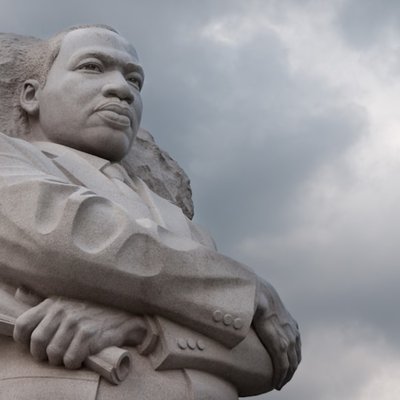main verb
After the main verb, both gerunds and infinitives can be used. | Después del verbo principal, tanto gerundios como infinitivos pueden ser usados. |
There is no main verb (action) in this sentence. | No hay un verbo principal (una acción) en esta oración. |
You MUST use a main verb in every sentence. | DEBES usar un verbo principal en cada oración. |
Modal helping verbs must always be used with a main verb. | Los verbos auxiliares modales siempre deben ser usados con un verbo principal. |
Verbs are negated by adding the negative verb in front of the main verb. | Los verbos se niegan añadiendo el verbo negativo delante del verbo principal. |
They are translated in conjunction with the main verb to which they relate. | También son traducidos junto con el VERBO principal al que están relacionados. |
When used before the main verb, gerunds tend to sound more like natural English. | Cuando se usan antes del verbo principal, los gerundios tienden a sonar más al inglés natural. |
It is formed with the auxiliary to be + going + the infinitive of the main verb. | Se forma con el auxiliar ser + going + infinitivo del verbo principal. |
This is formed with the auxiliary to be + going + the infinitive of the main verb. | Se forma con el auxiliar ser + going + infinitivo del verbo principal. |
Primary helping verbs can be used as helping verbs or alone as the main verb. | Los verbos auxiliares primarios pueden usarse como verbos auxiliares o solos como el verbo principal. |
To form the plural imperative, you take the infinitive's stem of the main verb + -kaa/-kää. | Para formar el imperativo plural, hay que tomar la raíz del infinitivo del verbo principal + -kaa/-kää. |
When 'do' is a main verb it usually has a very general meaning to express general activities. | En cambio cuando 'do' funciona como verbo principal, normalmente tiene un sentido general para expresar actividades generales. |
Example sentences (the auxiliary verb is in bold, and the main verb is underlined): They are jogging. | Oraciones con ejemplos (el verbo auxiliar está en negrita y el verbo principal está subrayado): They are jogging. |
When 'do' is a main verb it usually has a very general meaning to express general activities. | En cambio cuando 'do ' funciona como verbo principal, normalmente tiene un sentido general para expresar actividades generales. |
The linking word 'yn ' is used between the verb 'to be ' and the main verb. | Se utiliza la palabra de conexión 'yn ' entre el verbo 'ser ' y el verbo principal. |
Primary helping verbs are helping verbs that can also be used alone as the main verb in a sentence. | Los verbos auxiliares primarios son verbos auxiliares que también pueden ser usados solos como el verbo principal de una oración. |
Notice that the auxiliary verb have is in the present tense* and the main verb is always a past participle. | Nótese que el verbo auxiliar have es en el presente* y el verbo principal siempre es un participio pasado. |
Auxiliary verbs areverbs that are used together with the main verb of the sentence to express the action or state. | Los verbos auxiliares son verbos que se usan con el verbo principal de la oración para expresar la acción o el estado. |
This is formed using the simple future of the verb to be + the present participle of the main verb. | Future continuous Se forma con el simple future del verbo ser + el participio presente del verbo principal. |
Helping verbs are verbs that are usually used WITH a main verb in a sentence to express an action or state. | Los verbos auxiliares son verbos que normalmente se usan CON un verbo principal en una oración para expresar una acción o un estado. |















